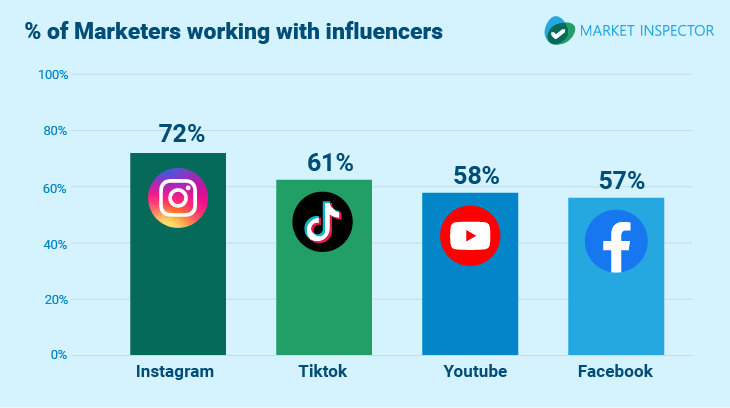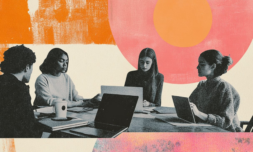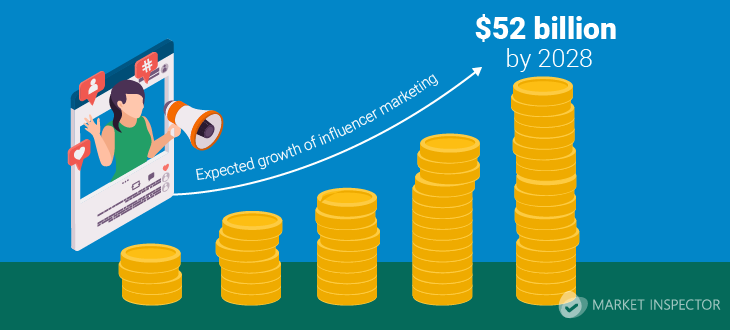Agencies and brands are hiring influencers as traditional business consultants whose work is confidential, non-public and unattributable.
Imagine walking into your boss’s office, being told your 2025 targets are up and your budget is down, and to drop a revised plan on their desk by next week. This would normally come as a shock, except you probably heard the same words hastily uttered this time last year.
Brand managers have been staring into a perfect storm hovering over the economic horizon all year and appear no closer to predicting future consumer habits with any certainty. Escalating global unrest, a prolonged high cost of living and a rapidly changing employment paradigm have challenged even the best product developers, strategists, and marketing mavens.
Doing more with less has become more than just a recurring theme, it’s a marching order brought about by the rising cost of labor and paid media, combined with increased competition and shrinking marketing budgets. As a result, growing brand awareness and generating leads has never been harder and more costly, especially when you factor in the shiny new entrants joining the market.
Overall, global consumer spending has demonstrated a surprising resilience this year, but there is still an underlying story of disruptive market dynamics and rapidly changing consumer sentiment as shoppers continue to trade down. Consumers are wanting more for less, which is nowhere more visible than in the rise of dupe culture across social media.
While it’s tempting to minimize risk by pulling back in turbulent markets, innovative brands want to position themselves for a faster rebound and emerge stronger by focusing acutely on the best strategies to engage consumers.
It all starts with utilizing current resources to make strategic choices. These brands are taking decisive action based on credible consumer knowledge and an in-depth understanding of the transformational trends that underpin ever-evolving consumer habits.

The search to better understand and connect with the beliefs and behaviors of consumers has led many brands and agencies to hire ‘expert’ influencers to consult on a wide array of topics. These include industry insights, product development, platform features, membership programs, brand experience, full-funnel marketing, customer service, sustainability initiatives as well as high-level aspirations such as brand positioning and purpose.
Brands are accustomed to working with public-facing social media creators and influencers for collaborations and partnerships that connect them to their target audience. Now these influencers are being hired as traditional business consultants where work is confidential, non-public and unattributable.




















